Latest Posts by scotlandknight-blog - Page 6




Astronauts smugly enjoying their space suits.
Via my “spacesuit” tag.

From the Space Wars: Worlds and Weapons art collection.

Robert McCall

Robert McCall


Exclusive art from a Soviet card collection. Thanks, outside-of!



Robert McCall likes astronauts with outstretched arms

Robert McCall

An exclusive scan from outside-of





Alien inplants removed from humans!









NASA Mars Curiosity rover Photograph’s, Evidence of previous life on Mars or simply pareidolia?
The human like figures are believed to be partially buried statues.





Alien inplants removed from humans!
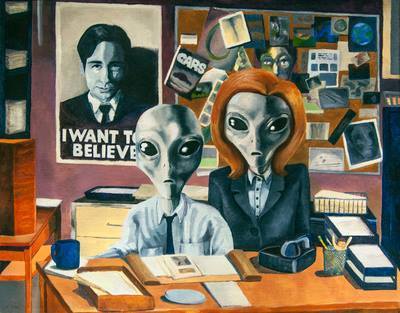

Navajo Water Supply is ‘More Horrific than Flint,’ But No One Cares Because they’re Native American Details: http://bit.ly/20gfTnC

In 1968, the New Zealand Globster washed up on North Island in the Gisborne District. The mass measured in at 30 feet long and 8 feet tall. It was said to be covered in “sand-matted grey hair four to six inches long”. The chairman of the Zoology Department at the University of Auckland, J. E. Morton, was quoted as saying “You can rule out whales because of the hair, and you can rule out sea elephants and sea cows because of its size. I can’t think of anything it resembles”.

Happens | Original by Great Wide World Photography
Taken in British Columbia, Canada
Please don’t remove credits

John Singer Sargent Hagia Sofia, 1891

P

A closer look at seemingly drab, transparent insect wings has revealed a plethora of magnificent color, visible to the naked eye yet overlooked for centuries. The colors are most evident against a dark background. Against a white background, they’re invisible. The researchers think the coloration has specific functions, particularly for mating, just as it does in butterflies and beetles and other insects with better-appreciated markings. (Source)
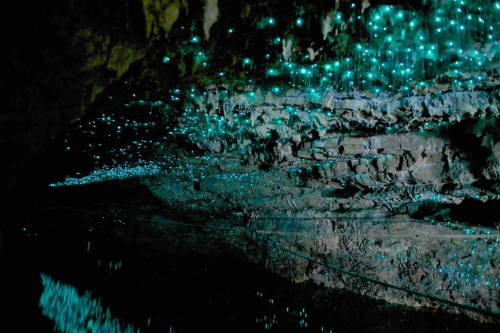
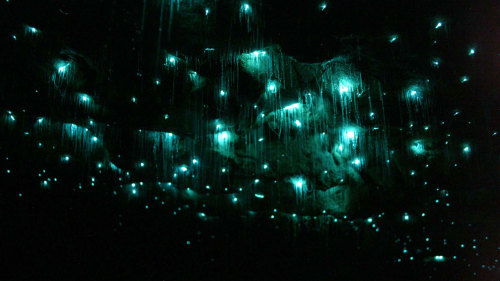
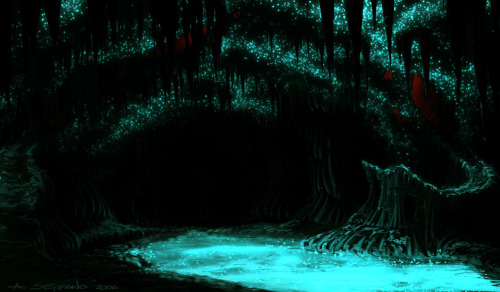

The Waitomo Glowworm Caves attraction is a cave on the North Island of New Zealand, known for its population of glowworms, Arachnocampa luminosa. This species is found exclusively in New Zealand.





Atlas of Peculiar Galaxies
Here are some fun and unusual galaxies from the Atlas of Peculiar Galaxies, a catalog produced by Halton Arp. A total of 338 galaxies are presented in the atlas, which was originally published in 1966.
1. IC 883 (Arp 193), remnant of two galaxies’ merger 2. Arp 147, an interacting pair of ring galaxies 3. Giant elliptical galaxy NGC 1316 4. Interacting pair of galaxies: Arp 238 (UGC 8335) 5. Merging galaxy pair named NGC 520 (Arp 157)

IC 405 // Flaming Star Nebula & AE Aurigae

Tadpoles of IC 410
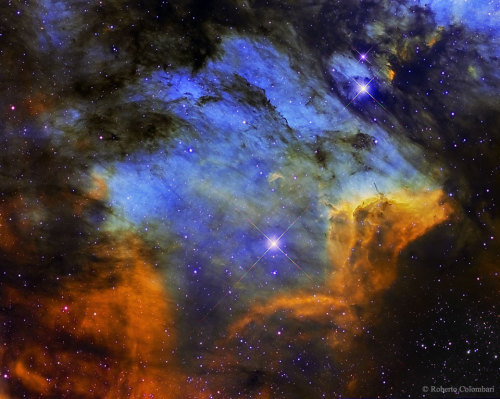
IC 5070 // Pelican Nebula

A 212-Hour Exposure of the Orion Constellation
Includes:
Barnard’s Loop (red arcing filament in the middle), Lambda Orionis (red nebula, top), Rosette Nebula (red and white, upper left), Betelgeuse (orange star, top center), Rigel (blue star, bottom right), and others!
Click here for the same image but with all features labeled!

NGC 3521
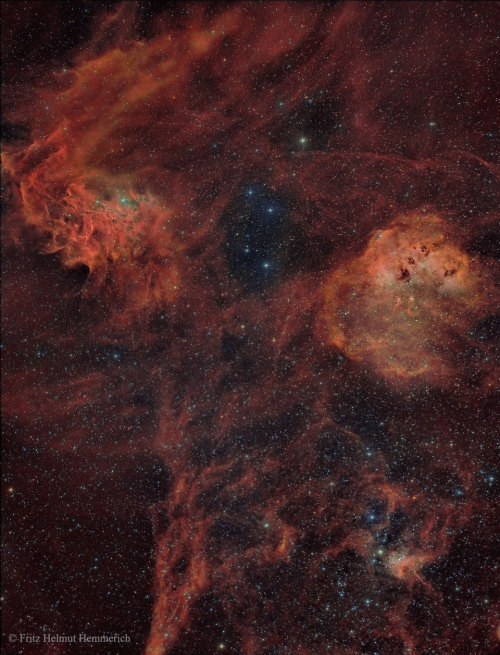
Constellation Auriga, featuring:
IC 405 / Flaming Star Nebula (top left), IC 410 & Star Cluster NGC 1893 (top right), IC 417 & NGC 1931 / The Spider and the Fly (lower right)

NGC 6888 // Crescent Nebula (upper right) & Soap Bubble (lower left)